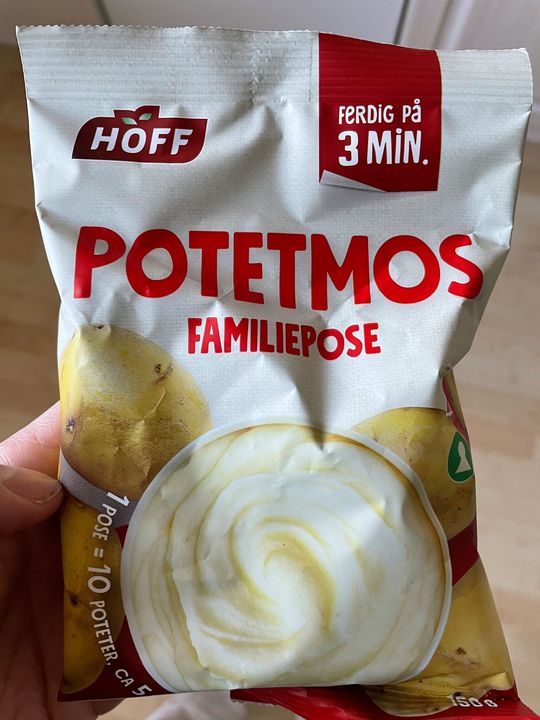Norway has completely reopened, casting off almost all the coronavirus-related laws and restrictions, but it feels to me like the pandemic is still happening. When it started I was confined to a desk, with a little window showing me the street and another little window showing me the rest of my life. My work, entertainment, family and friends all jostled for space on my computer monitor. At first, when I moved, I was grateful for the “distance” that might provide, and I predicted that the change of scenery would make it easier for me to adjust to post-pandemic life. But now all my old friends are still behind the screen. So although life cautiously returns to “normal” here, it doesn’t feel normal to me at all. I am so grateful for the technology that allows me to keep in touch with them, instantly, from thousands of miles away, but at the same time I wish I could be with them all in person.
Recently I got a chance to climb through that screen and see what was really on the other side. I ended up in Lexington, Kentucky, after several reminders of how much more chaotic life can be in the US as compared to Scandinavia. In case anyone is planning international travel, it is currently impossible to transfer from the international to the domestic terminals at O’Hare without leaving the secure zone, finding the man repetitively screaming your desired terminal, waiting for him to flag a bus down, riding that bus out of the airport and back to it, and passing through security again.
It was a short trip – I don’t yet get any paid time off, and Micha was alone with the dog back in Norway, so I came for just a weekend. I celebrated the marriage of two great friends of mine, line danced with them, and got to catch up with some people I didn’t get a chance to say goodbye to in San Francisco. Somehow, I was gone for three nights but only went to bed for two of them. I dodged the jet lag and got hit with sleep deprivation instead.
Being able to understand everyone again, after five months of fumbling around in auditory darkness, was overwhelming. I learned far too much about one man’s attempts to reach Dallas and his frustrations with his choice of airline. I overheard someone else planning on getting a head start on her bourbon tour on the plane. Someone asked me if I wanted to sit down and I didn’t need to think for five seconds before responding. Reflecting now, I wonder if that’s why I wasn’t very tired – the mental burden of translation was suddenly lifted. Like taking off ankle weights.
Some things were difficult too. I felt guilty about returning and not being able to visit everyone. Realistically, I know that if my parents or friends were visiting, say, Lisbon, or Munich, I wouldn’t expect them to just pop over to Trondheim for lunch, but it’s hard not to feel like a bad son or a bad friend for not “stopping by”, or for not being able to attend more weddings or other events. If I had known the Boston Marathon was the following Monday, or that I would be forced to enter Chicago twice, I would have altered my plans a bit.
And so that is perhaps one of the biggest things I regret about the move, for all the fun I’ve had screwing up the language, hiking around, eating waffles with my hands, and paying $15 for the Norwegian equivalent of Bud Light. It’s so much harder to see my friends and family without a screen between us.
———
At the tea shop in Copenhagen airport:
Cashier: *very fast Danish*
Me: Beklager, kan du gjenta? (I’m sorry, can you repeat?)
Cashier (English): Pardon me, could you say that again?
Me: No, what did YOU say?
Cashier: Let me know if there is anything I can help you with.
Me: … do you sell tea?
Norwegian class:
Me, in Norwegian: One of my favorite dishes is clam soup. In Massachusetts we make it correctly, with potato and spices. In Maryland, a little south Massachusetts, they make clam soup with tomatoes. This is wrong.
Later on, all in Norwegian:
Teacher: Mike, do they speak formally or informally at work in the United States?
Me: That… um… which job you have, shall you speak formally or informally. For example, my dad was police server, so he always speaks very formally, but in the university they speak informally.
Teacher: So it depends on the job?
Me: Yes! Depends on! I needsded that.
Me: When you put on clothes so you can become someone else, what is that called?
Norwegian coworker: Costume. (Kostyme)
Me: Oh, same as English.
Norwegian: Have you decided which costume you will wear?
Me: No, I don’t know. Maybe I will make one with my girlfriend.
Norwegian: You could borrow a lab coat from the lab and be a slutty research scientist (sluttiforsker).
Me: Is that the same with English? “Slutter” in Norwegian also means to stop to do something.
Norwegian: Yes, that’s right, but we also don’t have a good Norwegian word for it, so we use the English word “slutty”. Anyway, if you decide to become a slutty research scientist, you must take pictures for the department newsletter.

